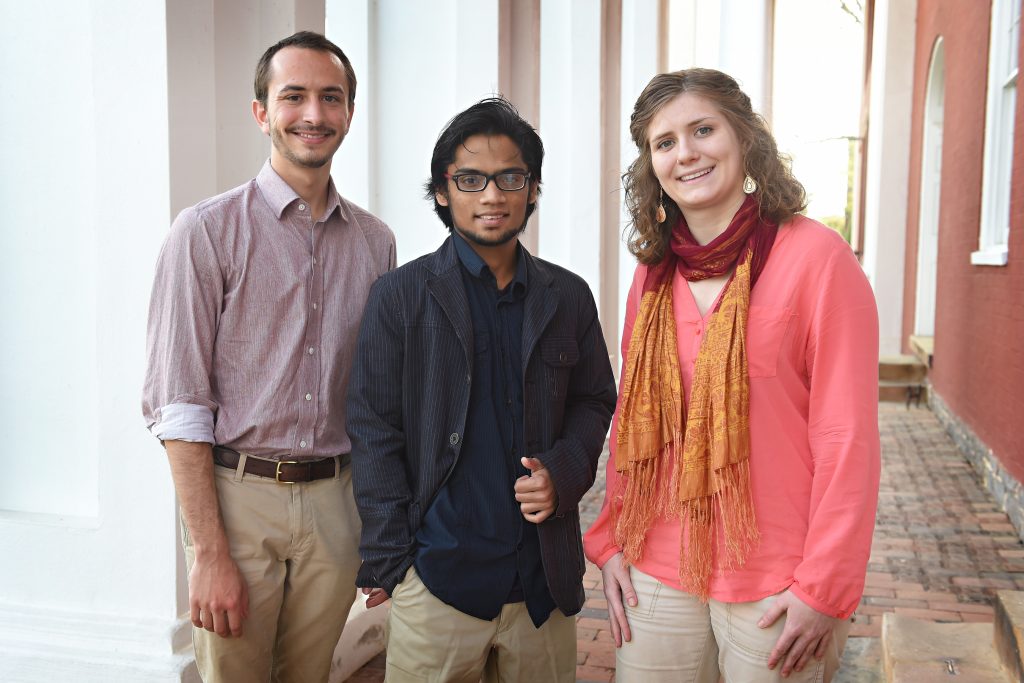Home
About Us
Page 2
The program also seeks to deeply comprehend the factors that contribute to the success and/or failure of islet transplantation protocols and more importantly, to develop approaches for continued improvements that could essentially result in sustained graft function and therapeutic durability.
|
|
The National Institutes of Health and the National Institute of Diabetes and Digestive and Kidney Diseases are willing to administer funds in the amount $2,650,000 to support the initiatives of the program.
The institutions and organizations who will be considered eligible to participate in this program are the following:
a) State Governments
b) County Governments
c) City or Township Govenments
d) Special District Governments
e) Independent School Districts
f) Public and State Controlled Institutions of Higher Education
g) Native American Tribal Governments
h) Public Housing Authorities/Indian Housing Authorities
i) Native American Tribal Organizations (other than Federally recognized tribal governments)
j) Nonprofit Organizations
k) Private Institutions of Higher Education
l) For-profit organizations other than small businesses
m) Small Businesses
The United States Department of Health and Human Services, the mother agency funding the The Collaborative Islet Transplantation Registry Program, is the country's leading program that's constantly working towards protecting the health of all Americans and providing fundamental human services to all.
The Collaborative Islet Transplantation Registry Program
Back to Page 1
About The Author Michael Saunders is an editor of TopGovernmentGrants.com one the the most comprehensive Websites offering information on government grants and federal government programs. He also maintains Websites providing resources on environmental grants and grants for youth programs. |
Additional Resources
category - Health Grants
Children Youth and Families At-Risk Sustainable Community Project
American Schools and Hospitals Abroad Program
Basic Research on HIV Persistence Program
Government Grants Within the United States Food and Nutrition Sector
Follow @topgovtgrant
Social Entrepreneurship
Spotlight
Williams School: First-Ever Social Entrepreneurship Summit

The Williams School’s J. Lawrence Connolly Center for Entrepreneurship held its first-ever Social Entrepreneurship Summit on May 2. Business administration professor Drew Hess and his wife, Megan, also a business professor at the Williams School, arranged to gather a dozen student leaders to dinner. They wanted to search for ways the campus and the Williams School could support social entrepreneurship.
